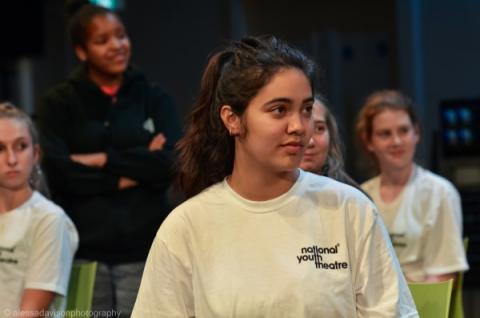Three UK projects exploring how societies have understood and adapted to climate change in the past – and how we can learn from them to become more resilient to the impacts of future climate change – have been funded by the UK Climate Resilience Programme “Living with Climate Uncertainty” call.
The call, worth £1million in total, seeks to understand how communities have experienced and learned to cope with change and loss from climate changes, and the skills, attitudes, values and approaches needed to live with ongoing uncertainty.
Anticipating how people will be affected by and will respond to future climate changes is a priority concern that informs the focus of this call. The call is led by the Arts and Humanities Research Council (AHRC) but, like all the SPF UK Climate Resilience programme (UKCR) funded research, the projects take an interdisciplinary approach.
Programme co-Champion Dr Kate Lonsdale said: “Arts and humanities research plays a crucial role in building resilience to climate change through highlighting awareness of our own vulnerability, or that of cherished places and artefacts, which goes on to influence how we engage with our changing environment and take action.
“These innovative projects have the potential to engage with a wide range of stakeholders and reach new audiences through youth and community groups, theatre, music, pageants and more. We are excited to see what they produce.”
Projects will run for 24 months starting 1st August 2020.
The following proposals are to be funded:
- Community Climate Resilience through Folk Pageantry (Dr Jenna Ashton, University of Manchester): a creative interdisciplinary practice-as-research project focusing on community knowledge to deliver a Manchester-focused case study responding directly to its climate action policies and community contexts.
- Risky Cities: Living with Water in an Uncertain Future Climate (Dr Briony McDonagh, University of Hull): developing research-informed learning histories for flood-prone Kingston upon Hull that will be utilised in community-based arts and heritage interventions and large-scale productions by project partners Absolutely Cultured and the National Youth Theatre.
- Building Climate Resilience through Community, Landscapes and Cultural Heritage (Professor Neil McDonald, University of Liverpool): using a multifaceted approach of cataloguing features (historic, material and archival) supplemented with contemporary oral histories within a GIS to build on three case studies (Northwest England, Central England and Outer Hebrides) to identify cultural and social records of significance and a related toolkit that will help to support and facilitate decision making.
Image: the National Youth Theatre is a project partner in Hull-based project, Risky Cities

